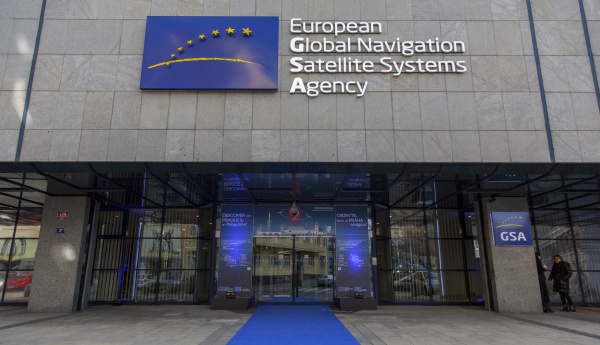GSA Agency

EU Regulatory Authority GSA (European GNSS Agency) is responsible for all public concerns about the European GNSS Programmes. GSA was established as the agency of the European Community on12th July 2004, Council Regulation (EC) 1321/2004 amended in July 2006 by Council Regulation (EC) No 1942/2006. GSA’s forrunner was called the Galileo Joint Undertaking (GJU), which was founded in May 2002 by the European Community and ESA to manage the development phase of Galileo. GSA officially assumed all the tasks assigned to GJU on 1st January 2007.
For more information please visit http://www.gsa.europa.eu/.
Objectives
The GSA’s strategic goals include achieving a fully operational Galileo system. Main task of GSA is to defend the public interest, act as a regulatory body for the European Satellite Navigation (GNSS) and lay the foundations for sustainable and economically viable system. A key proclaimed aim of the GSA is to make Galileo not only a fully functioning system, but also the world’s leading satellite navigation system for civilian use. GSA’s main tasks are as follows:
- provide security accreditations, give a rise to the implementation of security procedures and conduct security audits
- responsibility for marketing and commercialization of Galileo and EGNOS systems in particular to contribute adjusting the system for the market, market analysis and promotion of applications and services in the area of satellite navigation
- perform tasks associated with the certification of the system and its individual components
- manage programmes concerning the European satellite navigation, control and manage the use of related activities in the field of space research and development
- responsibility for issues regarding the rights to use the frequencies required to operate the systems
- provide security accreditation to bodies responsible for operating Galileo and related services
The Czech Republic and GSA
The Council of EU confirmed that the administrative center of the Galileo navigation system (GSA) will be based in Prague. Moving to Prague from Brussels should start during the seciond half of2012. Moving main bodies of this institution will not limit its performance in any way.
This succes will bring to the Czech Republic number of benefits:
setting up new branches and offices of leading technology European and world companies dealing with space problematic. This would bring a bigger chance for Czech technology
companies to participate as subcontractors on larger projects, especially in the framework of ESA